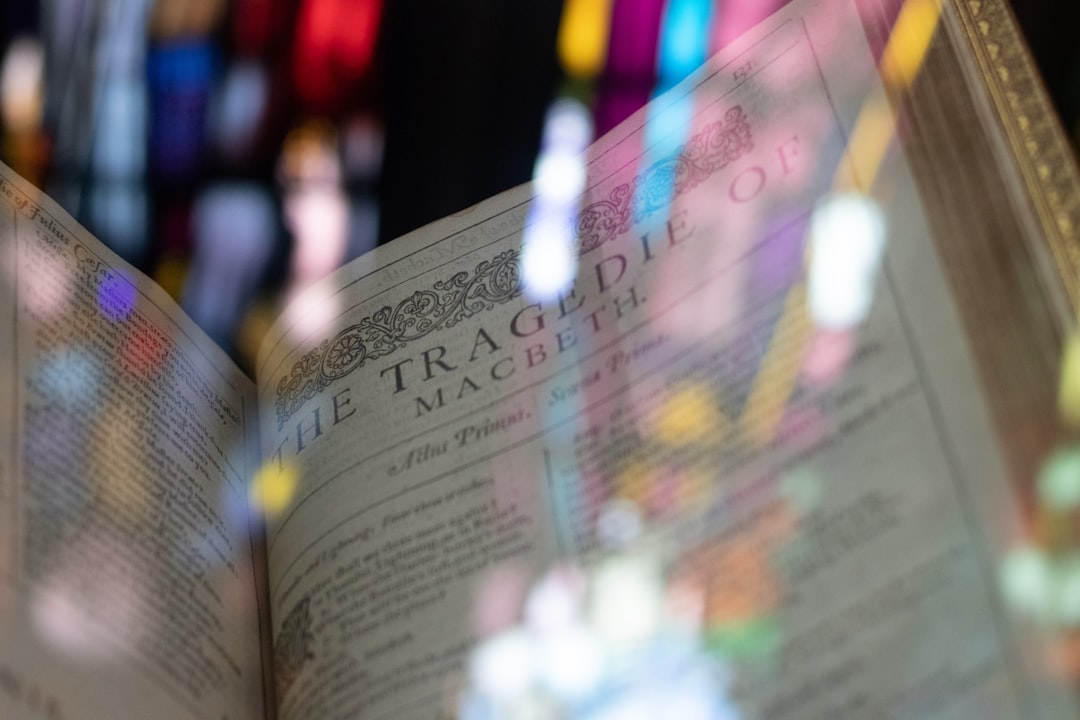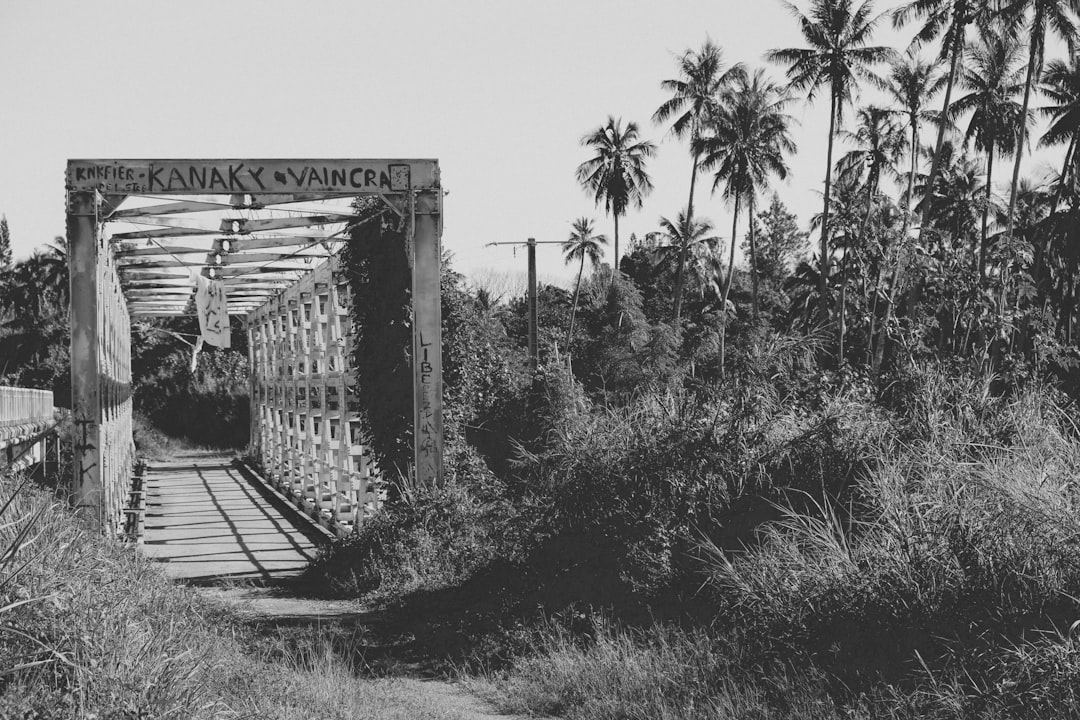What is it about?
The article (written in French) examines the strengths and limitations of 'immersion journalism' by a famous reporter, Florence Aubenas, keen to give a voice to poor workers in a small French city affected by a systemic economic crisis. Aubenas shares their lives for 6 months, trying to find work and to survive like them, and shortly afterwards publishes Le Quai d'Oustreham, an instant bestseller. The article interrogates whether she applied to herself as an observer what Pierre Bourdieu believes is the only ethical type of investigation by an intellectual, that is a 'reflexive' approach. Such an approach reduces the symbolic violence exerted on subjects of observation. If she doesn't change her subjects' lives, at least Aubenas succeeds in changing the way readers see them.
Featured Image
Why is it important?
What is new about this article is the way it applies Bourdieu's concepts to immersion journalism, rather than sociological interviews. This framework shows how difficult but not impossible it is for the intellectual to become committed, or in the words of Michel Foucault to become 'a specific intellectual'.
Perspectives
I believe Bourdieu has a lot to offer to the literary critic interested in highlighting works dealing with social issues. I have also written a book chapter on three authors concerned with unemployment in France (Florence Aubenas, Elsa Fayner and François Bon) to be published in Garnier Classiques, and entitled "Je est un(e) autre : l’autobiographie dans le journalisme d’immersion" [I is another: Autobiogaphy in Immersion Journalism]. .
Professor Helene Jaccomard
University of Western Australia
Read the Original
This page is a summary of: Abolir la distance (sociale)?Le Quai de Ouistrehamde Florence Aubenas à la lumière de Pierre Bourdieu, Australian Journal of French Studies, January 2016, Liverpool University Press,
DOI: 10.3828/ajfs.2016.08.
You can read the full text:
Contributors
The following have contributed to this page










